Following the COVID-19 crisis, education institutions – and especially VET providers – were obliged to quickly adapt their practices and turn to online teaching to ensure the continuity of education for their learners. Although some initiatives to integrate e-learning into vocational education and training had already been undertaken prior to this, COVID-19 accelerated the process and did not permit VET providers to focus on quality. It is now fundamental for the VET sector to adapt to this shift that has contributed to the democratisation of e-learning and upgrade the quality of their training.
The BEQUEL Erasmus+ project seeks to assist VET providers in their progress towards effective deployment of e-learning VET programmes and ensuring quality assurance practices in digital education initiatives. To achieve this aim, the project’s consortium developed a benchmarking tool for quality assurance in e-learning provision in VET education.
This benchmarking tool allows VET providers to compare their e-learning quality assurance practices to the practices of other institutions all over the EU in an effective and quick way.
After VET providers answer an online questionnaire, the tool generates an individual report, highlighting the weak and strong points of each respondent organisation. The questionnaire includes 6 sections: Strategy and policy for e-learning, Support for trainers and trainees, Infrastructure support, Programme/course design, Development and approval for e-learning and e-learning training program evaluation procedures. Each section holds a set of statements which the respondent should assess on a four-level frequency Likert scale.
The BEQUEL consortium is inviting VET providers all over Europe to test the benchmarking tool, and to submit their good practices in the field of quality assurance in e-learning programmes.
The VET providers who score highest at the benchmarking tool and submit their good practices will receive the BEQUEL badge and award, recognising their engagement to develop quality assurance in their e-learning provision.
Please note that:
- You need to create an account to use the benchmarking tool. The Individual reports generated are anonymous and can only be accessed through the user’s account.
- To give relatable reports, the critical mass of responses has been set to a minimum of 20 globally and in each country. Before this number is reached, questionnaires are anonymously stored but not used. Once the critical mass is reached, individual reports are completed with the user’s three strongest points and three weakest points compared to the other users either in the same country or in all countries.
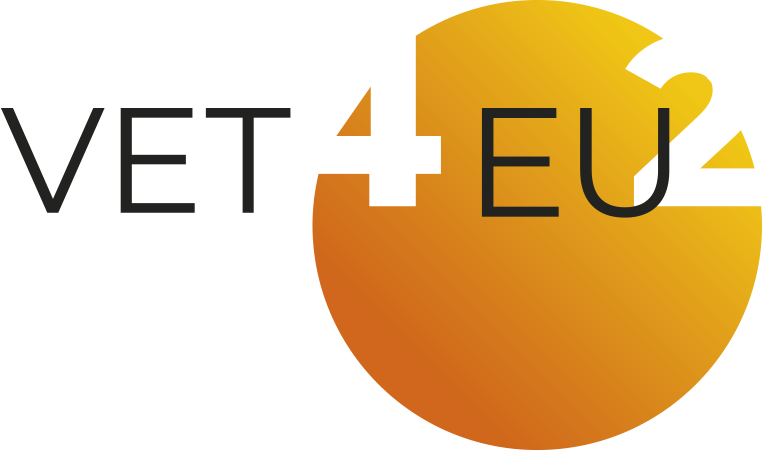
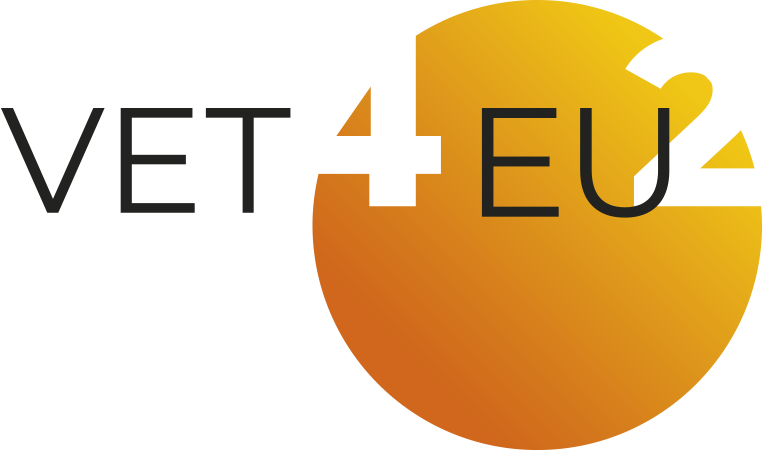

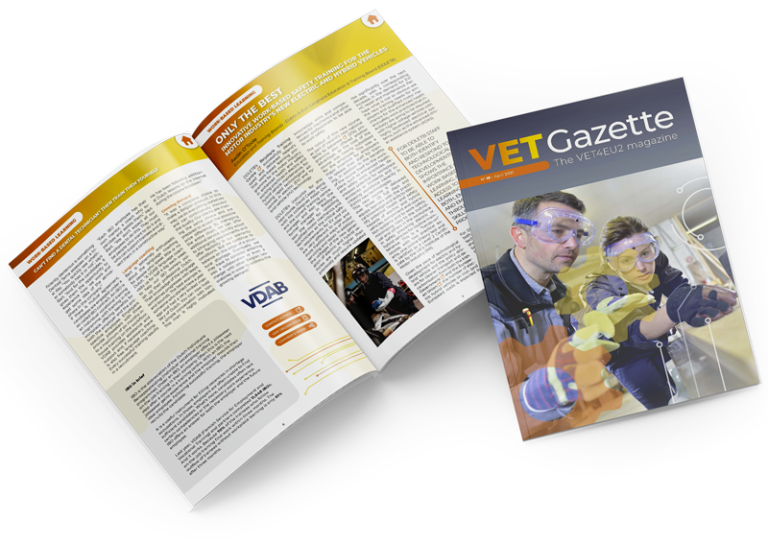
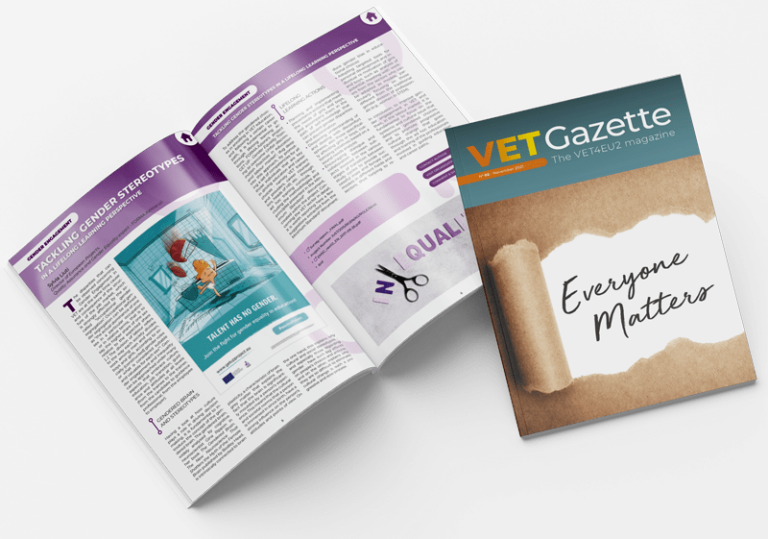
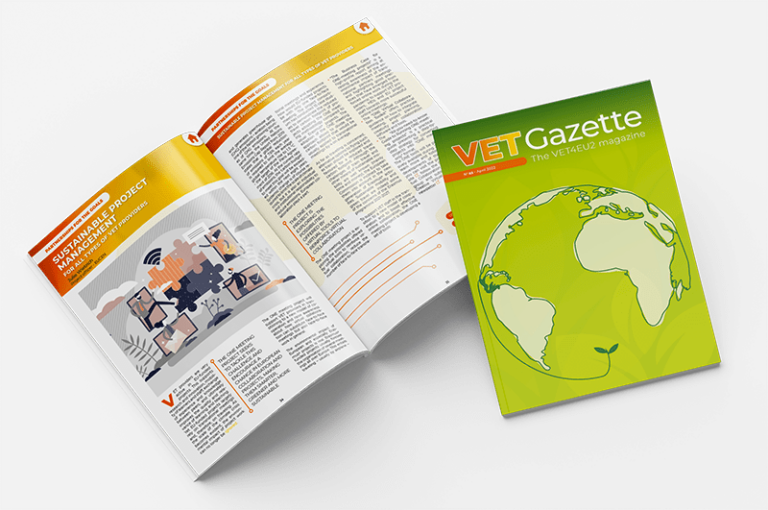
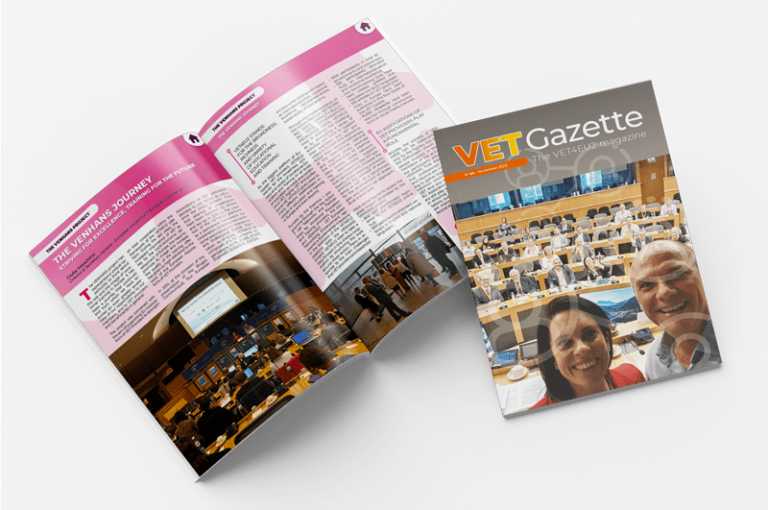

Responses